Exploring the connection between Business and Further Education at the FE + Skills Collective
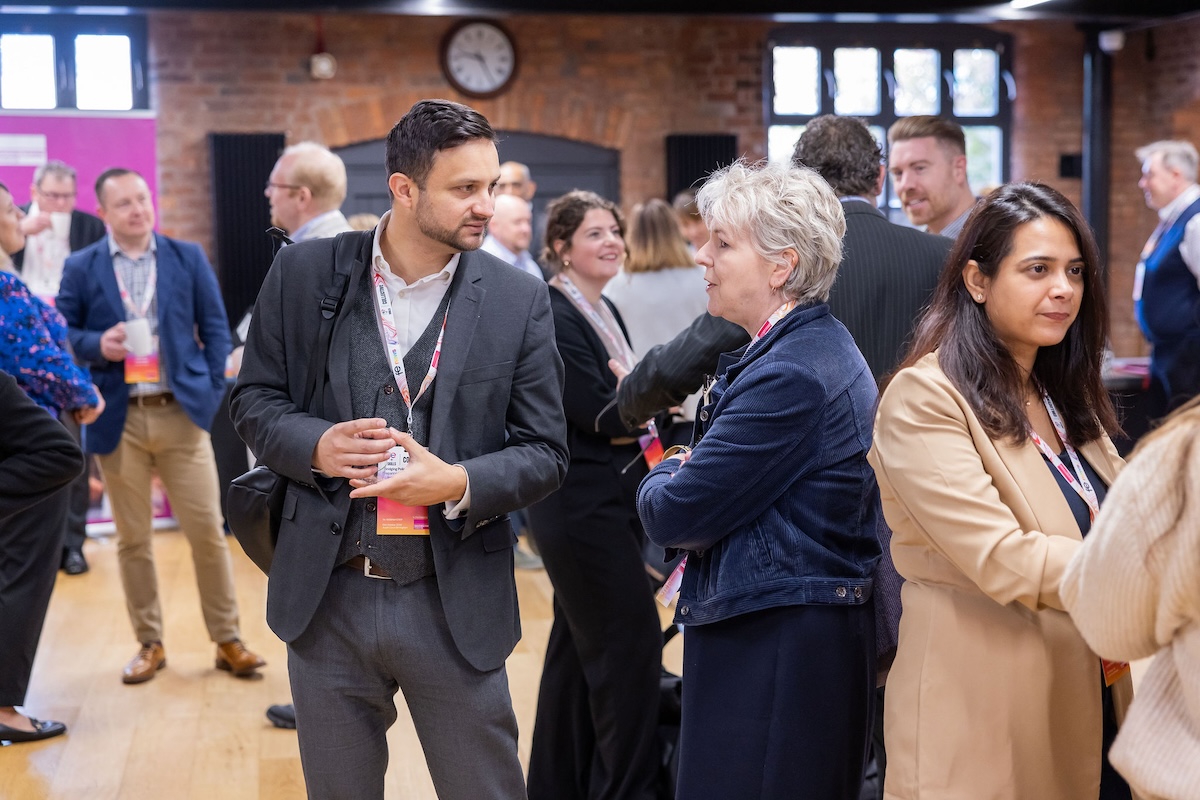
As a business owner working in media, I was pleased to join the crew of the recent FE + Skills Collective in Birmingham and provide an overview of the event from a business and further education perspective. You can imagine my surprise at hearing that 75% of businesses don’t understand the term ‘Further Education’ (FE) and hopefully this article will help to highlight its importance.
75% of businesses don’t understand the term ‘Further Education’ (FE)
The FE +Skills Collective: Bridging Policy and Pedagogy was held at the IET Birmingham: Austin Court, an ideal location in a picturesque setting alongside one of the city’s many canals. Hosted by Gavin O’Meara of FE News in partnership with the Education and Training Foundation, the theme was “Preparing Educators and Leaders for a Stronger Skills System.”
I’ve been to many conferences but never one that was so collaborative. The event consisted of panel discussions hosted by a facilitator where each member shared their insights. I was impressed by the calibre of the speakers, all thought leaders, and the fact that their input will be passed on to key policy makers. This will happen through a report being compiled by Dr Vikki Smith of the Education and Training Foundation and Ben Rowland of the Association of Employment and Learning Providers (AELP)
Once it is published I am sure this will foster a better business and further education partnership that will help deliver the workforce of the future. In this article, I want to highlight how FE benefits businesses by providing a skilled workforce through tailored training, apprenticeships and partnerships that address current and future skills gaps, ensuring companies are competitive in an evolving job market.
Business and further education must work together
According to delegates at the FE +Skills Collective, skills shortages must be seen in a local, national and international context. Trust also needs to be established across the board including between business and further education providers. This is because FE will play an essential role in the skills growth of towns and cities across the UK and beyond.
This means business leaders and educators working together to establish the needs of the marketplace of tomorrow. It seems many in education today will end up in a role that doesn’t exist yet. So FE practitioners and business people need to be ‘futureologists’ a term used by one of the delegates. The obvious description is of course futurists, however futureology infers intense research and study!
The consensus was we somehow have to pinpoint future needs or at least teach transferable skills that will be essential in time to come.
Business and further education must also collaborate to pre-empt and overcome skills shortages as well as surpluses. We need to work alongside each other to fill the skills gaps. This will require higher value courses that lead to better paid jobs. Part of the solution to this in the UK, is the new Skills England body which replaces the Institute for Apprenticeships and Technical Education (IfATE) with a wider remit to address skills gaps and demand.
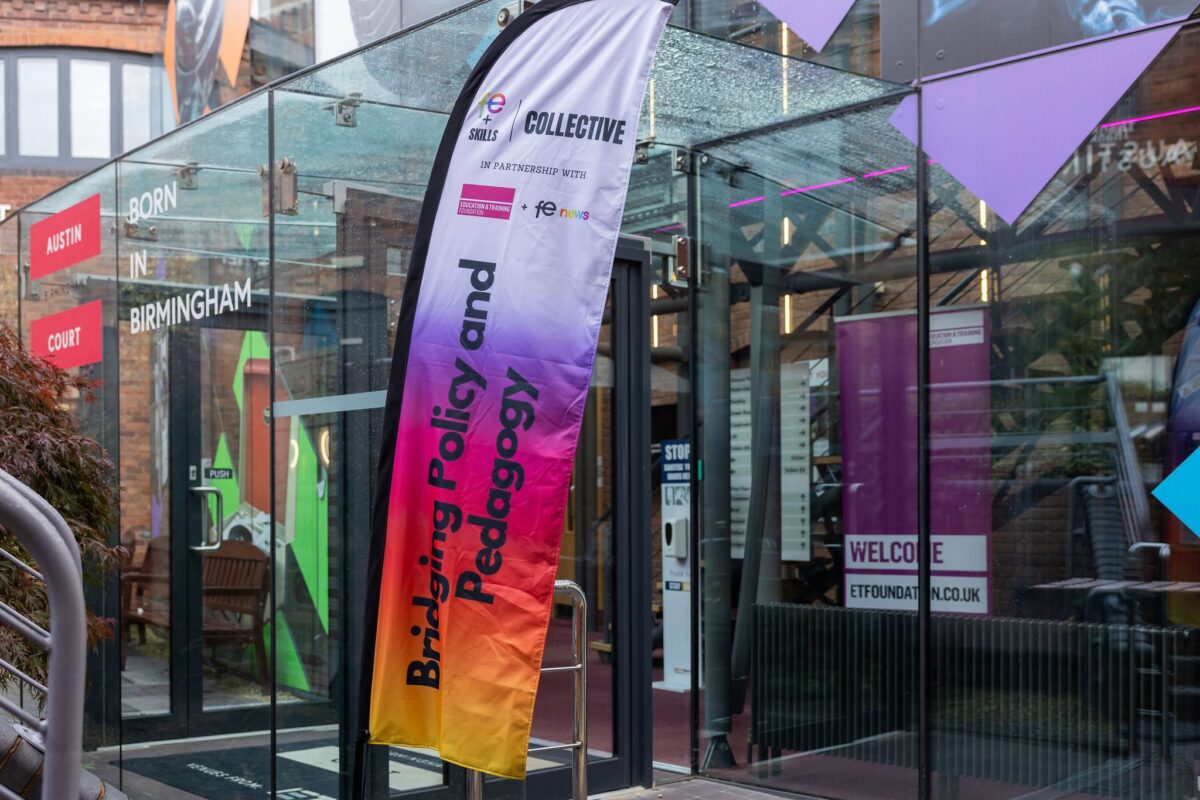
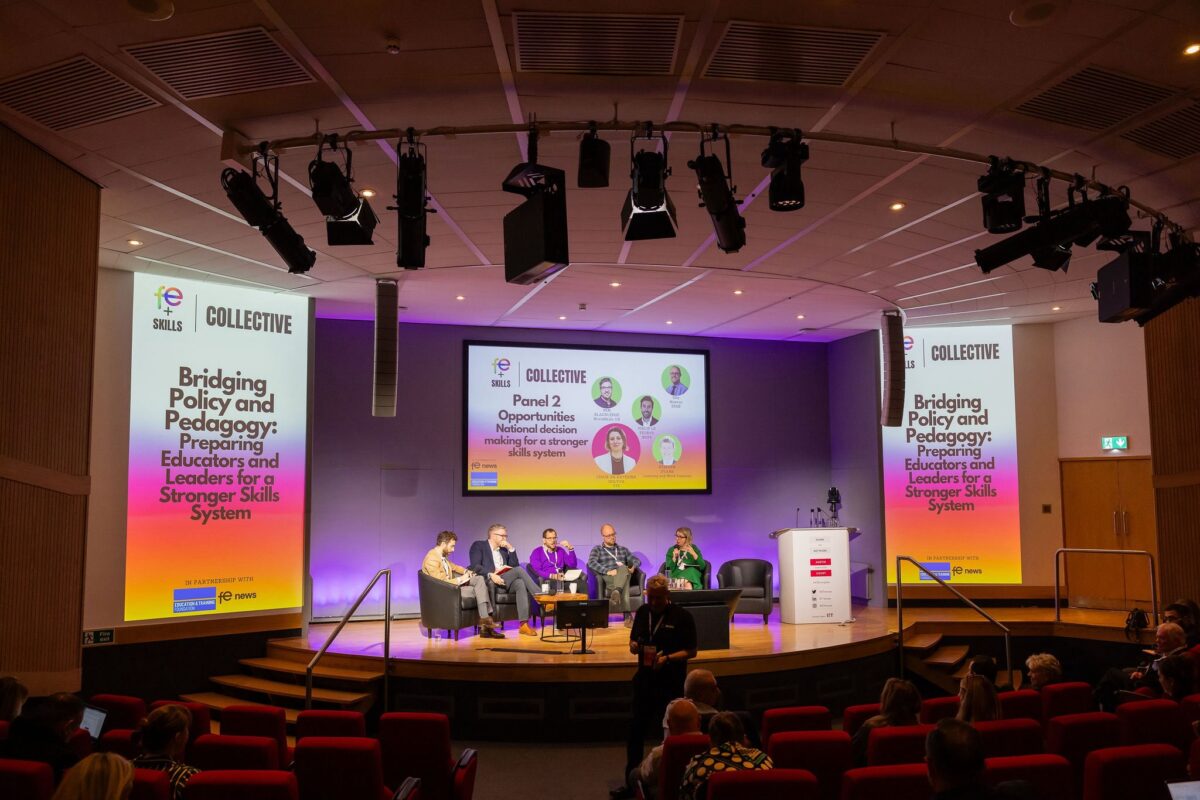
Business and FE must harness hidden talent
Kate Shoesmith from the Recruitment & Employment Confederation spoke about the importance of knowing your local labour market. She quoted a 2015 ‘Future of Jobs Report’, which indicates that two thirds of primary school students today will one day be doing a job that doesn’t currently exist. This comes at a huge cost to employers. “The best estimate we have is that if we don’t address the shortages we are seeing in educational areas, it is going to cost the economy upwards of £39-billion every year until 2029,” she says.
To back up her point, Kate quoted some current vacancy stats including the urgent need for 10,000 electricians; 38,000 nurses; 50,000 care workers; 17,000 mechanical engineers; 35,000 software developers etc. This is why it is so difficult for organisations in these fields to find staff. “There must be a partnership between business and further education, because it doesn’t help for companies to complain about skills shortages. They need to do something about it!”
Such challenges require long term planning and collaboration, as well as the need to identify new talent pools to provide much needed resourcing that can be shaped through FE. In addition to making it easier for 16+ students to access further education, we need to find other groups that have the potential to fill the gaps.
Sally A lexander from Milton Keynes College Group talked about the importance of reskilling and rehabilitating inmates. Her college is currently working with 30 prisons. “The majority of people coming out of prisons just want a fresh start. They are an untapped source of talent,” she maintains. Similarly Jane Knight – of the Successful Moms Career Academy spoke from the floor about highly skilled women who are currently economically inactive. She believes this an unexplored resource that includes many mothers who have valuable work experience and transferrable skills.
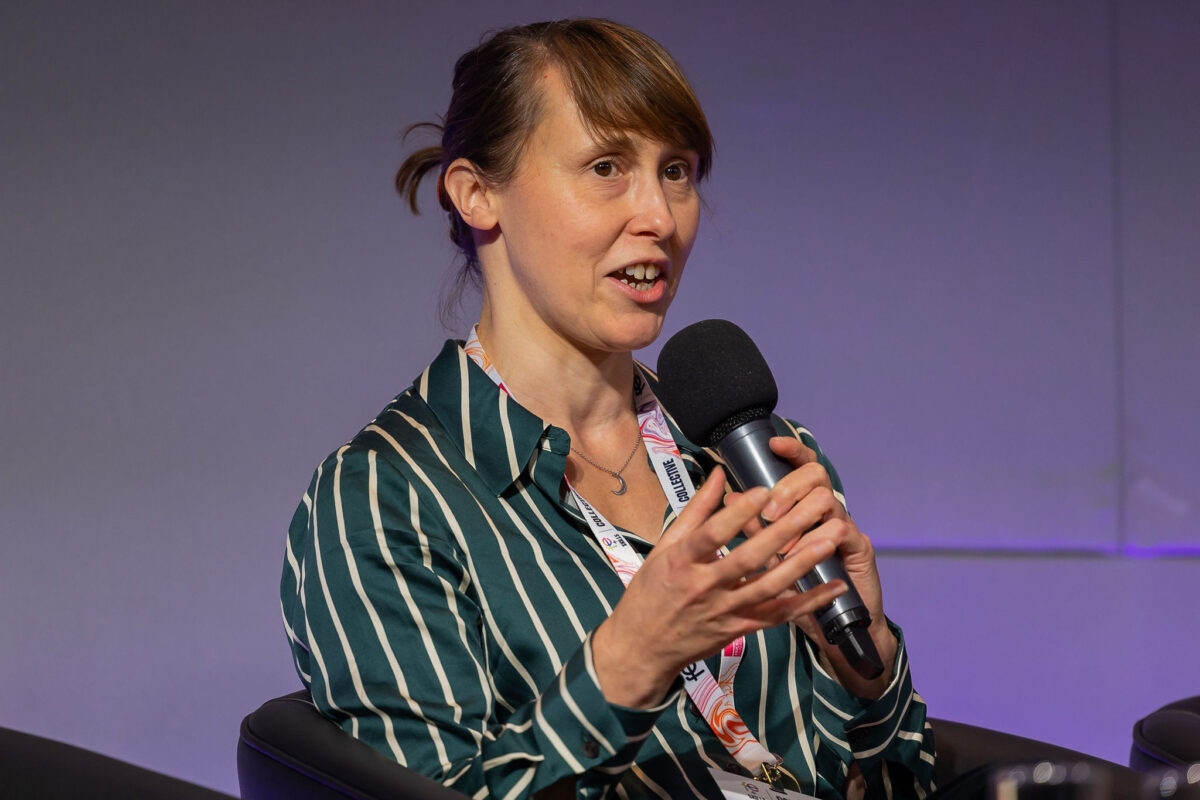
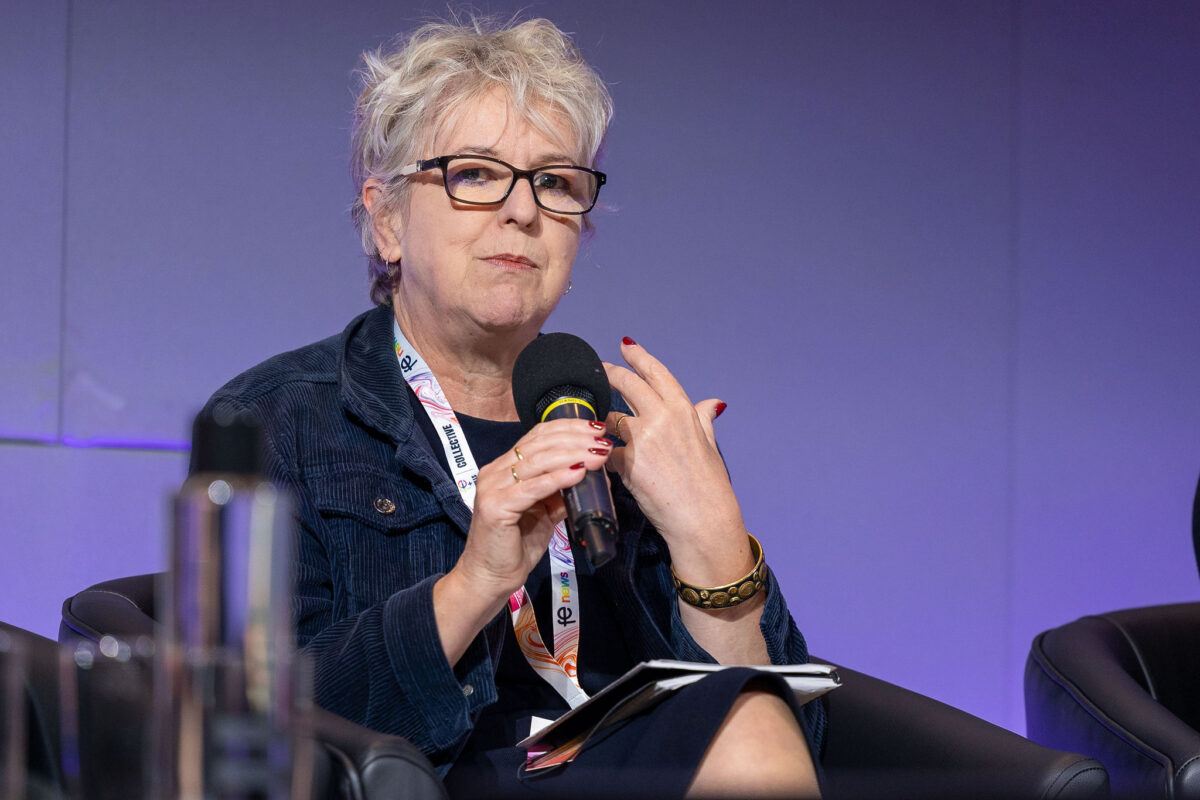
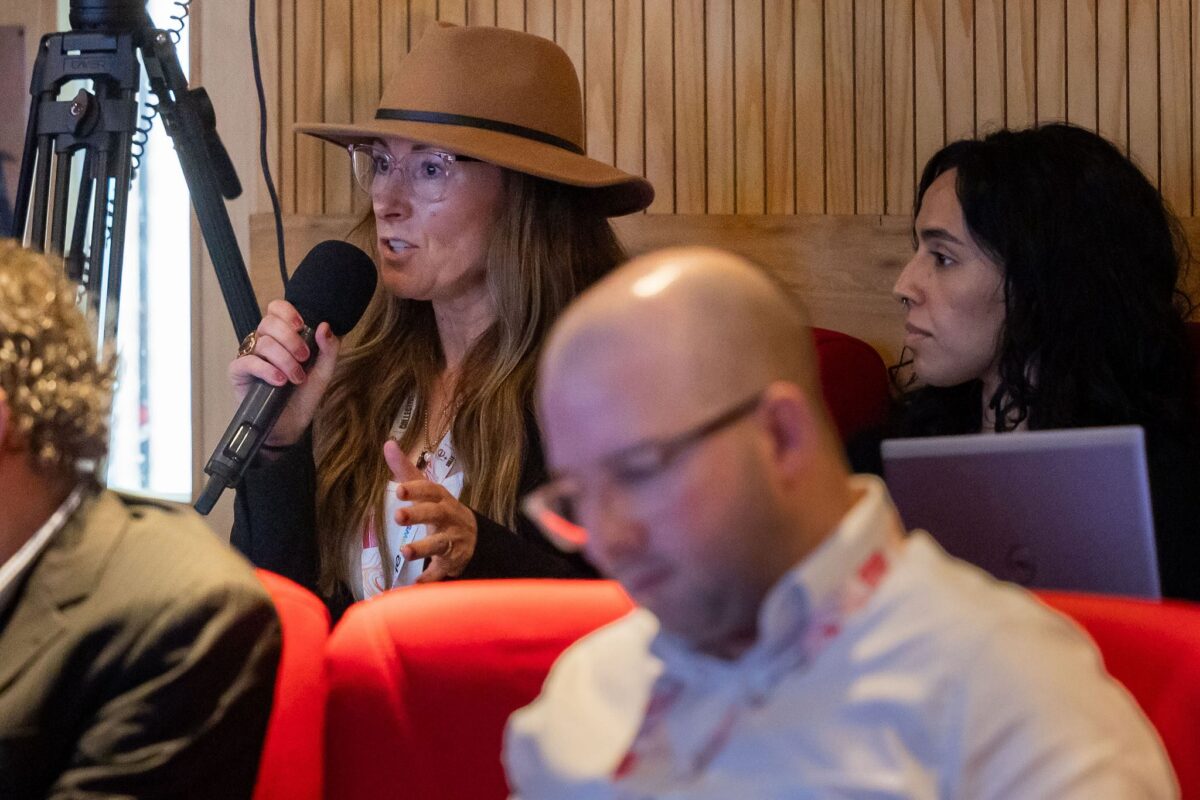
From left to right: Kate Shoesmith, Sally Alexander and Jane Knight.
Other standout takeaways from the event
There were many golden nuggets shared at the FE +Skills Collective, many directly related to business and further education. These are too numerous to mention but some of the things that stood out for me personally are:
Dr Vikki Smith from the Education and Training Foundation highlighted the need for trust at all levels especially between business and future education and how essential it is for the marketplace to understand what the FE and Skills sector offers and the powerful role it can play in building local economies and communities.
I was impressed by the FE News team, whose passion for fostering collaboration between business and further education was evident throughout. Gavin O’Meara proved to be an excellent host, bringing infectious energy to the delegates. He and Daniyel are exceptionally media savvy and it was good to see a professional videographer and photographer at work. Many of the speakers were interviewed on camera and professional photos were shared on social media. Each shot of the panelists set against the vibrant event signage projected onto a brilliantly lit stage as well as Q&A sessions with the delegates seated in the luxurious auditorium.

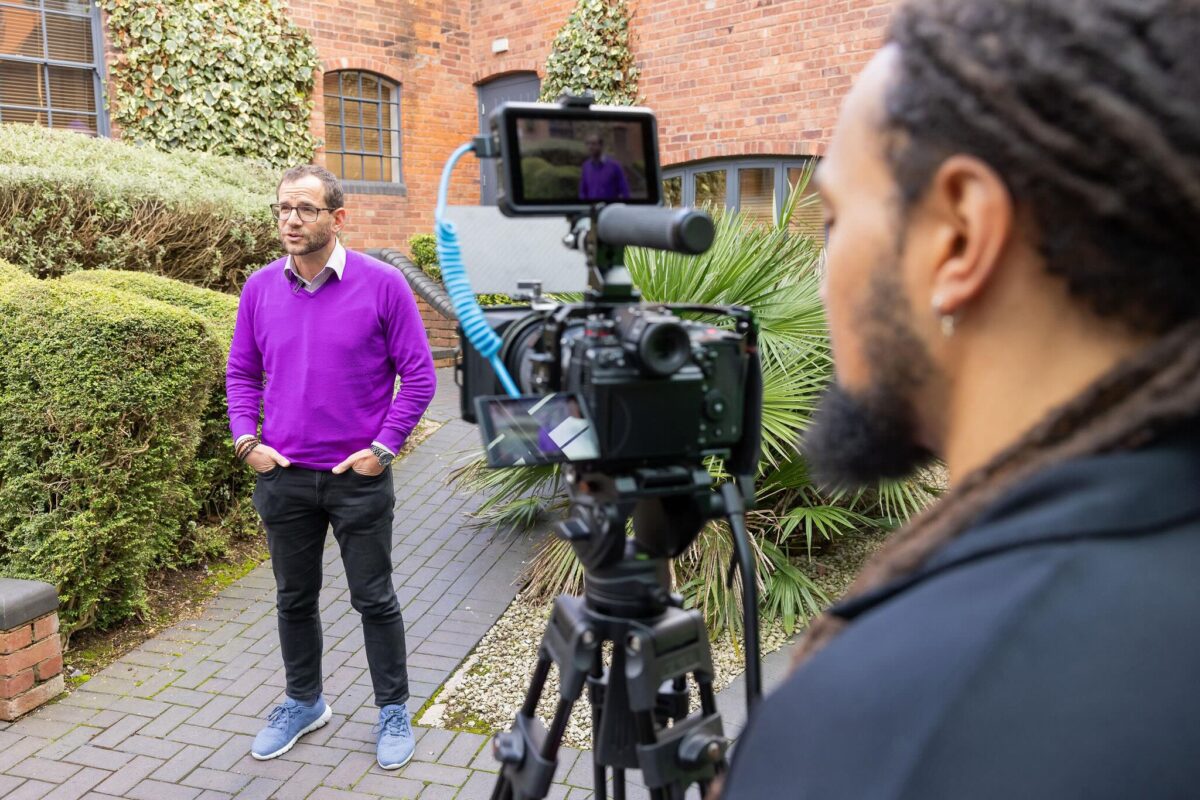
From left to right: Gavin O’Meara. Interview time with one of the speakers.
There were also workshops in breakaway rooms that focused on different topics. I attended one entitled “How can FE and skills providers collaborate more effectively with local businesses and industries to ensure skills provision meets both regional and national needs.” Led by Paul Grainger and Dr Katerina Kolyva, it offered some fascinating conclusions based on a ‘Collective matrix’ approach of opportunities, solutions, actions and challenges.
Answers included looking at existing projects that are regenerating the economy and how we can build on them; finding new ways to reskill the population especially where skills have become redundant; and helping people to become more employable through FE; either in a full time capacity or through self employment or portfolio careers where people have diversified work experiences.
Beyond the impressive venue and catering of the FE +Skills Collective, Gavin’s vision for the event promises to create a lasting impact on the sector. As he noted, “The goal of our FE + Skills Collectives is to facilitate a space where educators, business leaders and policymakers come together to co-create solutions, because it’s only through collaboration that we can truly future-proof our skills system.”
See: FE +Skills Collective Reflective – Bridging Policy and Pedagogy where Gavin shares his insights on the event.
Having attended the Birmingham event, I can see how future collectives could impact policy. Perhaps neuroscience in FE could be topic to explore as Ben Rowland from AELP suggested. He spoke about the importance of importance of the line manager in upskilling the workforce which is key to the relationship between business and further education. He also suggested taking a neuroscience approach. “We now have the tools to understand how the human brain works,” he said. “We need to be curious as to why a particular teacher is getting better results and put that into action.” Ben also highlighted that adult learning presents greater challenges, making neuroscience a powerful tool for unlocking valuable insights in the context of business and further education.
Business and future education go hand in hand
As a company director I now see how FE provides numerous benefits to business, in addressing critical skills gaps that hinder growth and productivity. By partnering with FE institutions, companies can help shape training programmes that deliver work-ready employees. This is especially important in a fast-evolving job market where many future roles don’t yet exist.
Furthermore, organisations like Skills England aim to bridge the gap between business needs and educational outcomes, ensuring employees are trained in the skills most in demand. Whether it’s through apprenticeships, upskilling existing staff or working with FE providers to anticipate trends, these collaborations lead to better-prepared workforces and improved economic outcomes. Clearly, businesses that engage with FE will stay ahead of the curve, ensuring they have access to the skilled workforce they need to thrive in the future.
By Alistair Gibson, Director at Countdown Creative Ltd

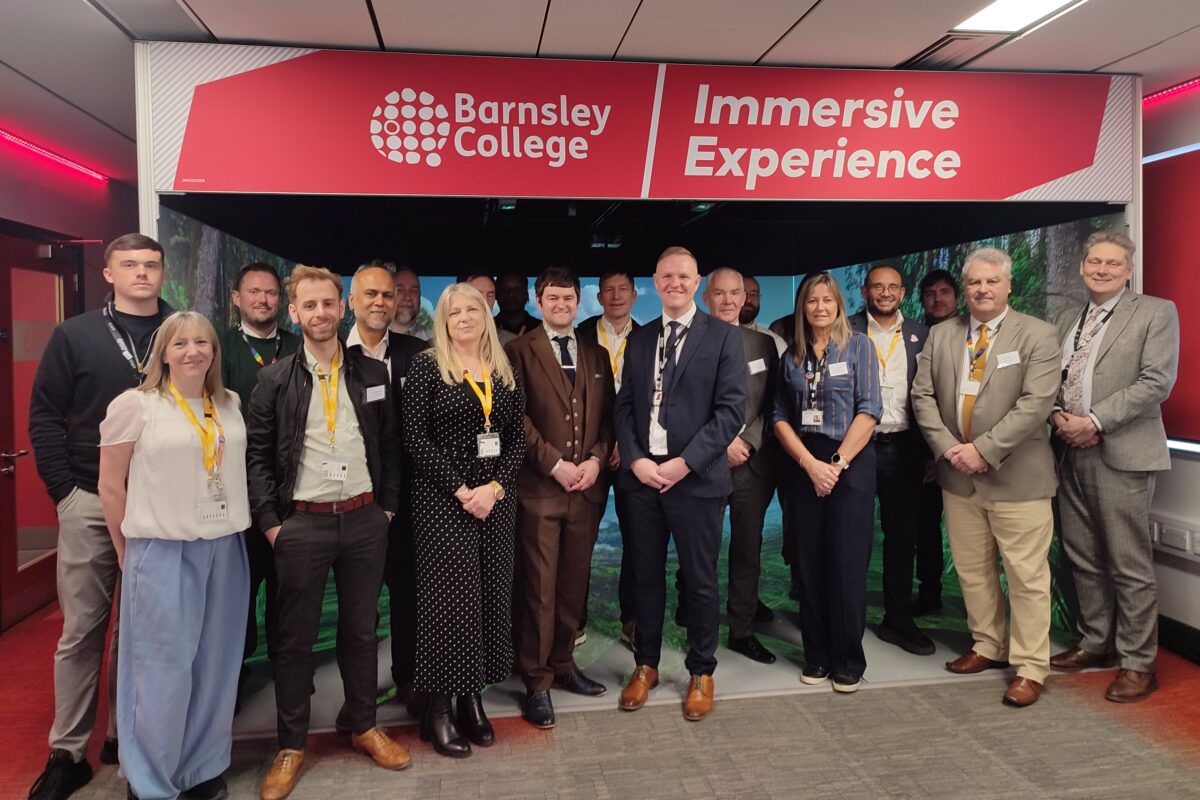
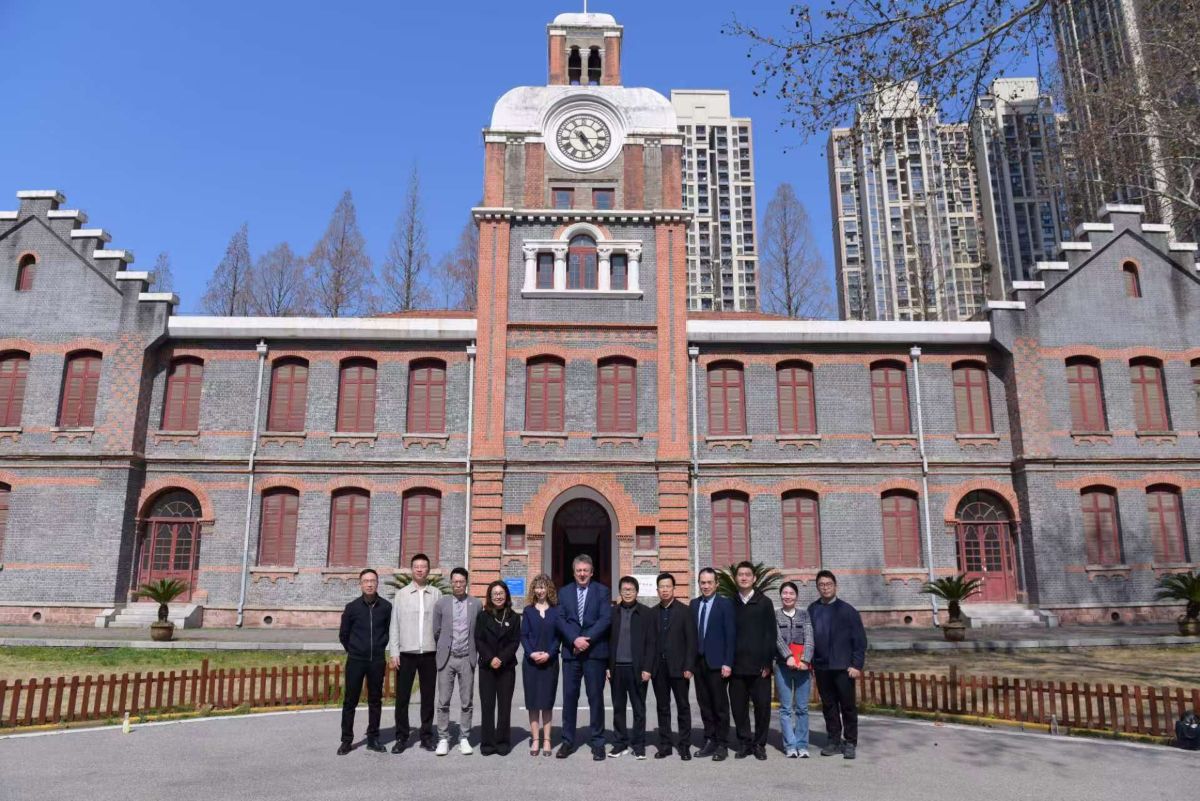
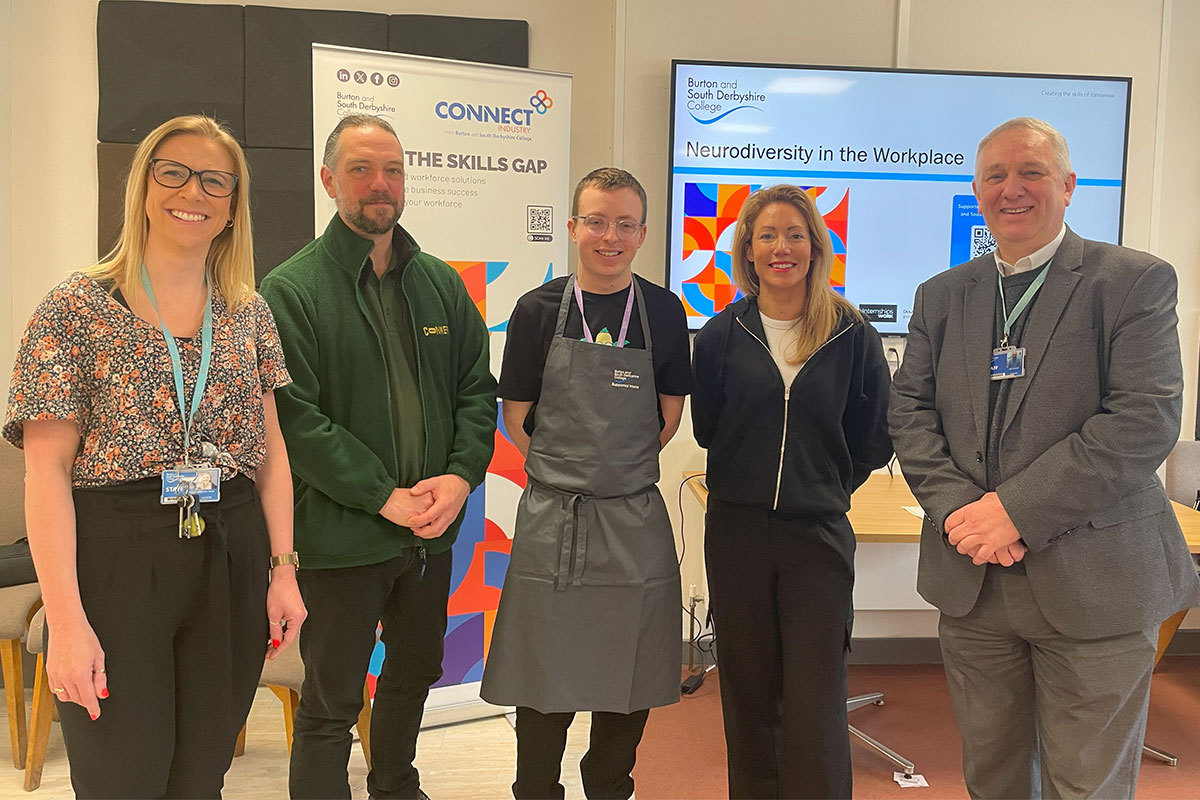

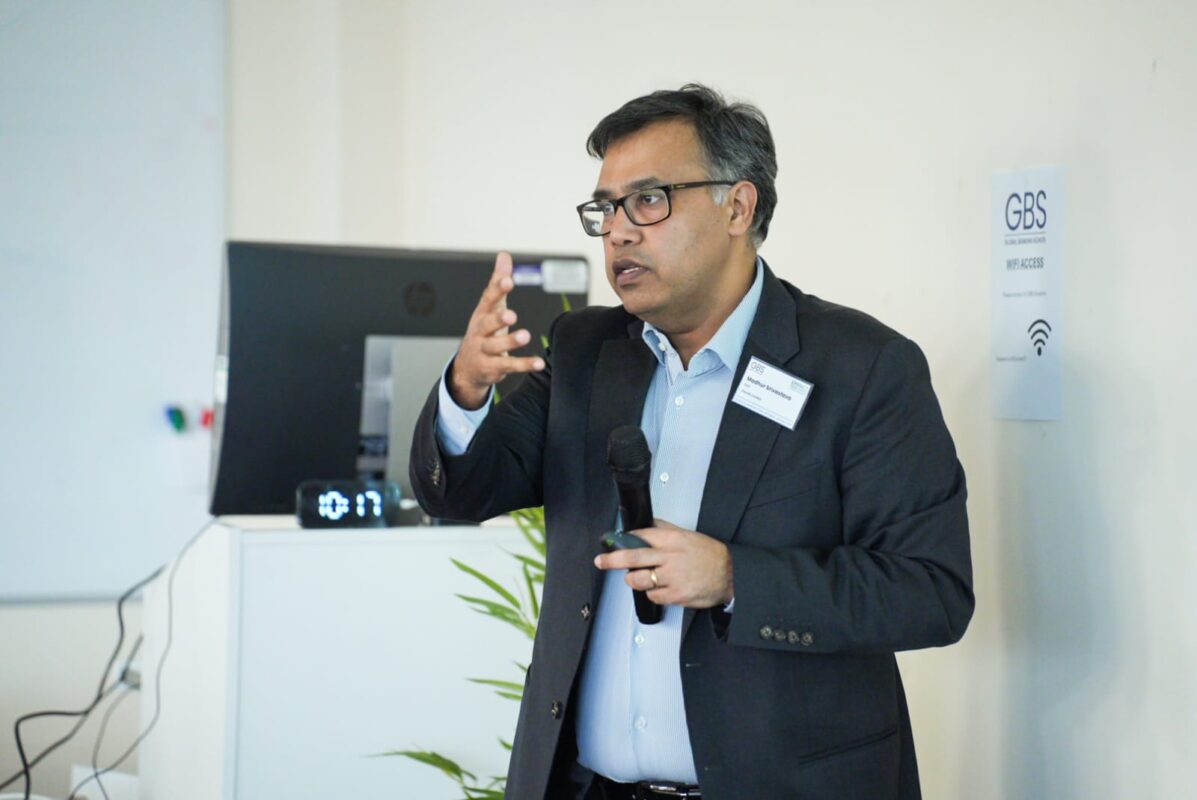
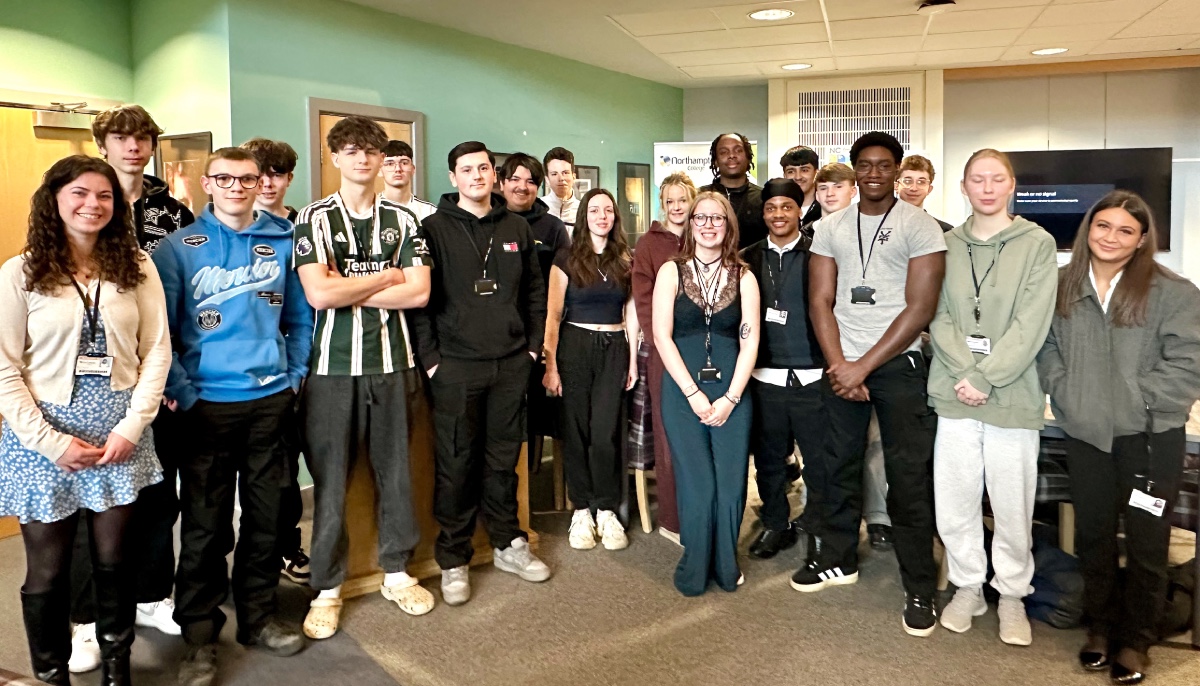

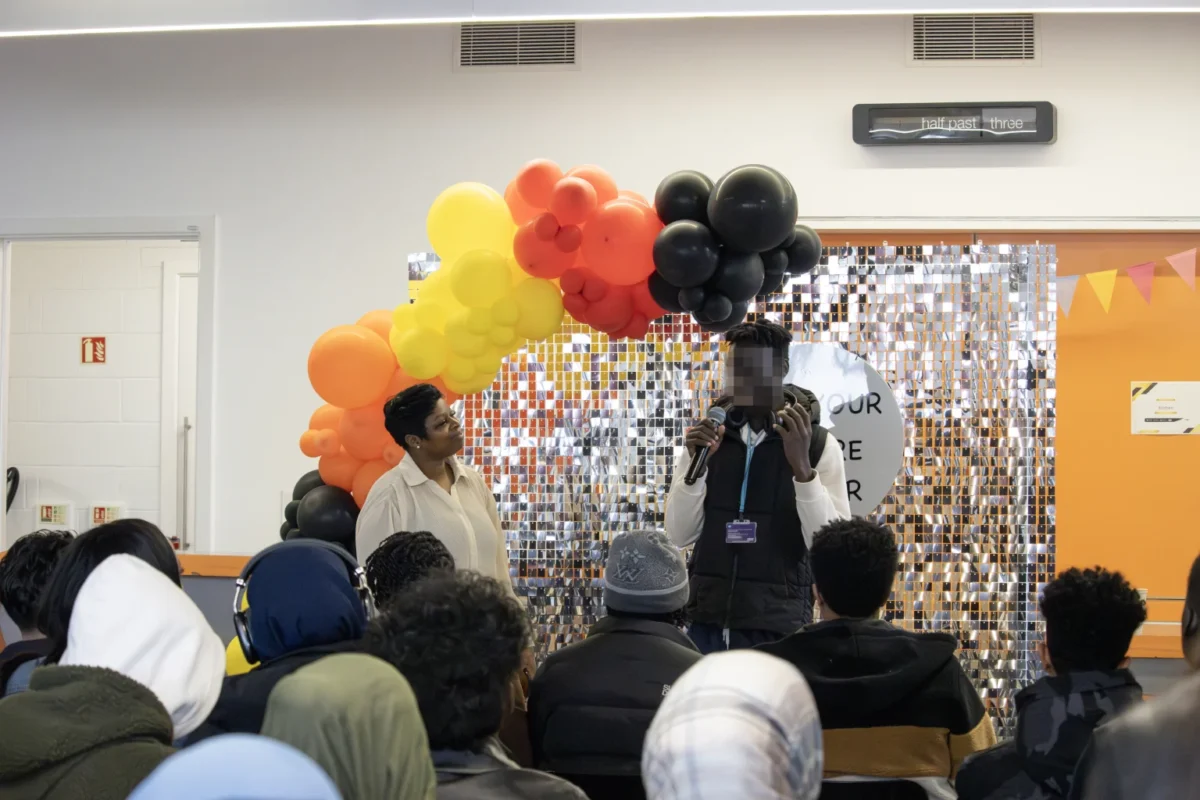


Responses